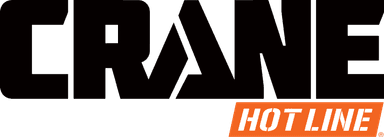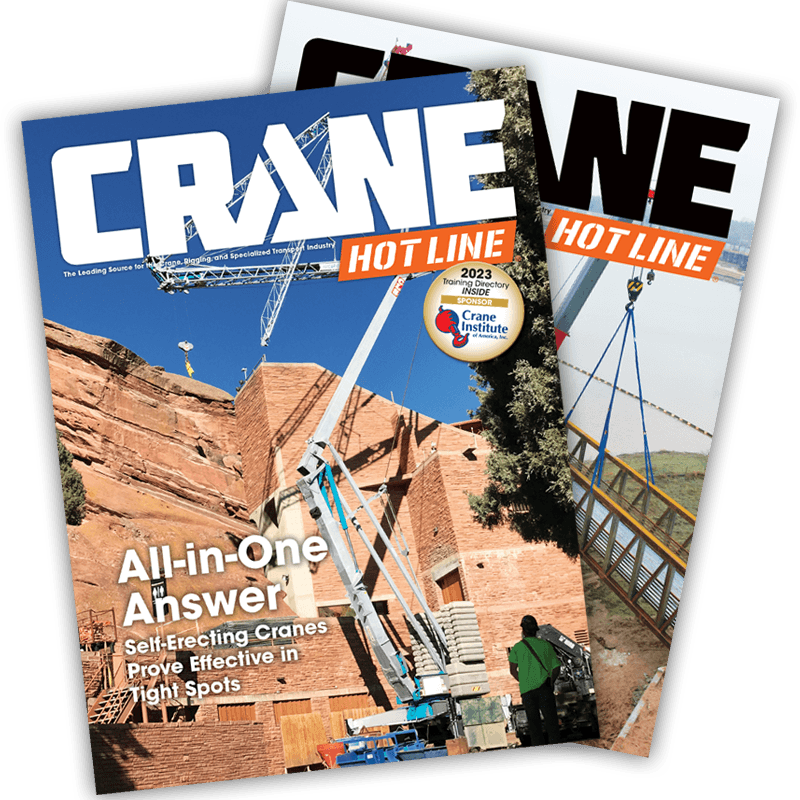Leading the Pack: Best Practices for Pilot Cars
When you’re planning complex and intricate heavy hauls, best practices and guidelines are beneficial. And along with route surveys, permitting and determining equipment needs, pilot car operations are critical to consider.
One helpful resource in that regard is the Federal Highway Administration (FHWA) Pilot/Escort Vehicle Operators Best Practices document, a universally acknowledged source of assistance.
The comprehensive set of FHWA guidelines covers trip pre-planning, including route review, pilot vehicle and equipment preparation and pre-trip safety meetings. There are also sections on how to position vehicles to comply with permits and state regulations, traffic control topics, post-trip evaluations, and handling special challenges, such as railroad crossings, emergency procedures.
Also available is the Pilot/Escort Vehicle Operators (P/EVO) Beginner Guide from the National Pilot Car Association (NPCA), which includes the following:
State Certifications

Additional Certifications
National Safety Council Defen-sive Driving Course: Florida pilot/escort operators that do not possess a commercial driver’s license are required to have proof of completion of an eight-hour (or equivalent) defensive driving course.
ATSSA Online Flagger Certifi-cation Training Course: This course provided by the American Traffic Safety Services Association covers state regulations and best practices for flagging and controlling traffic outside of your vehicle.
Permits
Some states require P/EVOs to obtain specific permits to legally operate while in the state. The guide includes a list of state permits you should have if you plan on operating nationwide, including:
- Georgia Amber Light Permit
- Nevada Amber Light Permit
- Louisiana Escort Vehicle Permit
Equipment
Concerning the equipment states require a P/EVO to possess, the NPCA has put together a list as a good reference. However, it is always advisable to review state regulations for updated requirements.
Insurance
NPCA believes all P/EVOs should have adequate insurance coverage that protects both you and your customer in the event of an incident involving property damage or bodily injury. Its recommendations include:
- Commercial Automotive Liability: Personal automotive policies will not cover your vehicle while you are using it for commercial activities, such as piloting / escorting. NPCA recommends at least $1,000,000 in coverage for your commercial automotive policy limits.
- Commercial General Liability (GL): While a general liability policy does not cover any property or bodily injury claims you may have while working, most states that require insurance will require this type of policy. NPCA recommends at least $1,000,000 in coverage for your GL policy limits.
- Professional Errors & Omissions (E&O): The most important policy for a P/EVO to carry is a professional E&O policy. This policy will cover the property or bodily injury claims arising out of an error or omission on behalf of the P/EVO operator. NPCA recommends at least $1,000,000 in coverage for your E&O policy limits.

Industry Effort
An industry initiative regarding pilot car operation is aimed at ensuring that regulatory changes affecting the industry are made sensibly. Currently, the Specialized Carriers & Rigging Association’s national pilot car stakeholder advisory group is assisting in the creation of a national pilot car training curriculum and serving as a facilitator for ongoing discussions regarding certification.
SC&RA serves on both the advisory group as well as a sub-consultant on the FHWA project. Other groups represented on the advisory group include members of American Association of State Highway and Transportation Officials (AASHTO), Commercial Vehicle Safety Alliance (CVSA), the Owner Operator Independent Drivers Association (OOIDA), American Association of Motor Vehicle Administrators (AAMVA), Manufacturing Housing Institute (MHI) and the National Pilot Car Association (NPCA).



